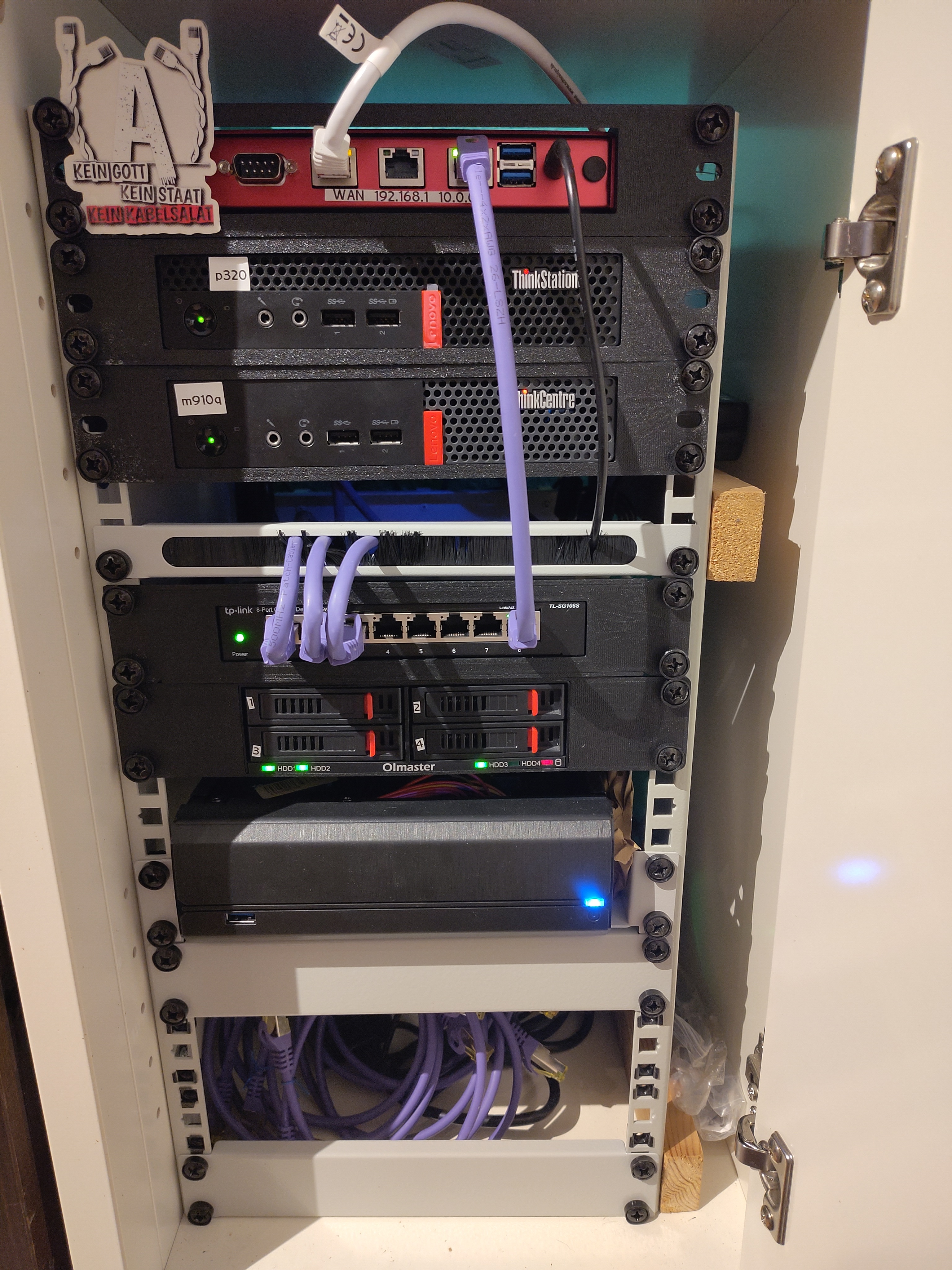Selfhosted
A place to share alternatives to popular online services that can be self-hosted without giving up privacy or locking you into a service you don't control.
Rules:
-
Be civil: we're here to support and learn from one another. Insults won't be tolerated. Flame wars are frowned upon.
-
No spam posting.
-
Posts have to be centered around self-hosting. There are other communities for discussing hardware or home computing. If it's not obvious why your post topic revolves around selfhosting, please include details to make it clear.
-
Don't duplicate the full text of your blog or github here. Just post the link for folks to click.
-
Submission headline should match the article title (don’t cherry-pick information from the title to fit your agenda).
-
No trolling.
Resources:
- selfh.st Newsletter and index of selfhosted software and apps
- awesome-selfhosted software
- awesome-sysadmin resources
- Self-Hosted Podcast from Jupiter Broadcasting
Any issues on the community? Report it using the report flag.
Questions? DM the mods!
view the rest of the comments

@tofu UPSs have some glitches, but the benefits of the power conditioning they do (the good ones) outweigh the trouble of the rare glitch. For example, reducing wear and tear on the electronics they power. Also, the performance of some electronics is highly sensitive to the quality of power provided (e.g., no under- or over-voltage conditions). I don’t rely on the UPS for surge protection. For that, I use upstream Tripp-Lite outlets.
This is the first time I've heard about using UPS for something other than powering computers in case of a blackout. Shouldn't the power supplies take care of the rest? Never heard of reducing wear and tear by external components.
@tofu It depends on your local power system. At my house, I see frequent under voltage conditions. Also, some devices are more tolerant than others. You’ll find power conditioning in pretty much all data centers.